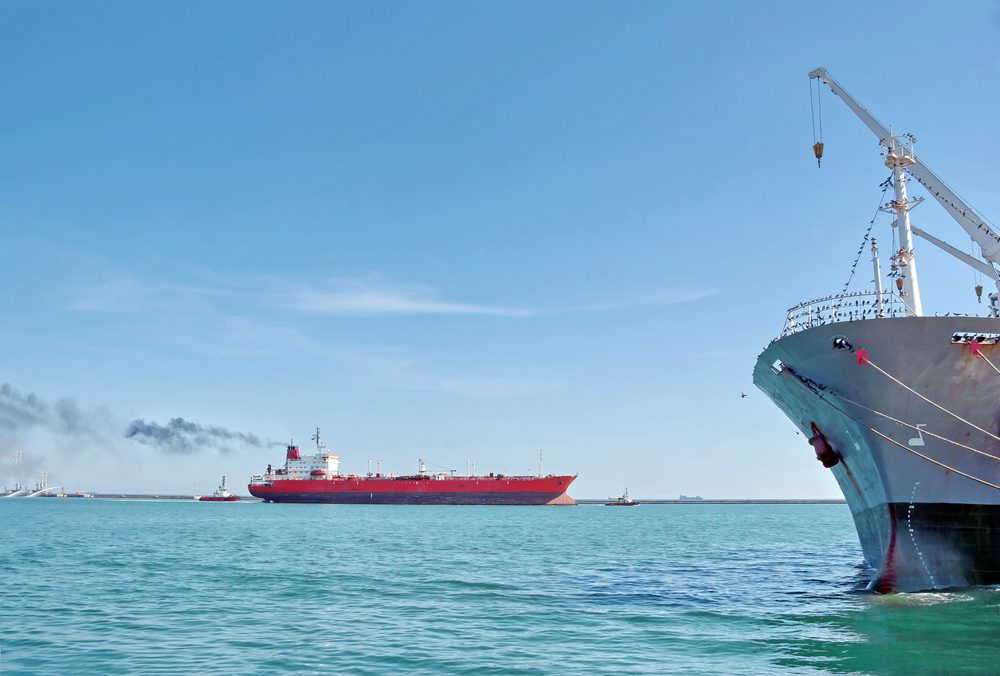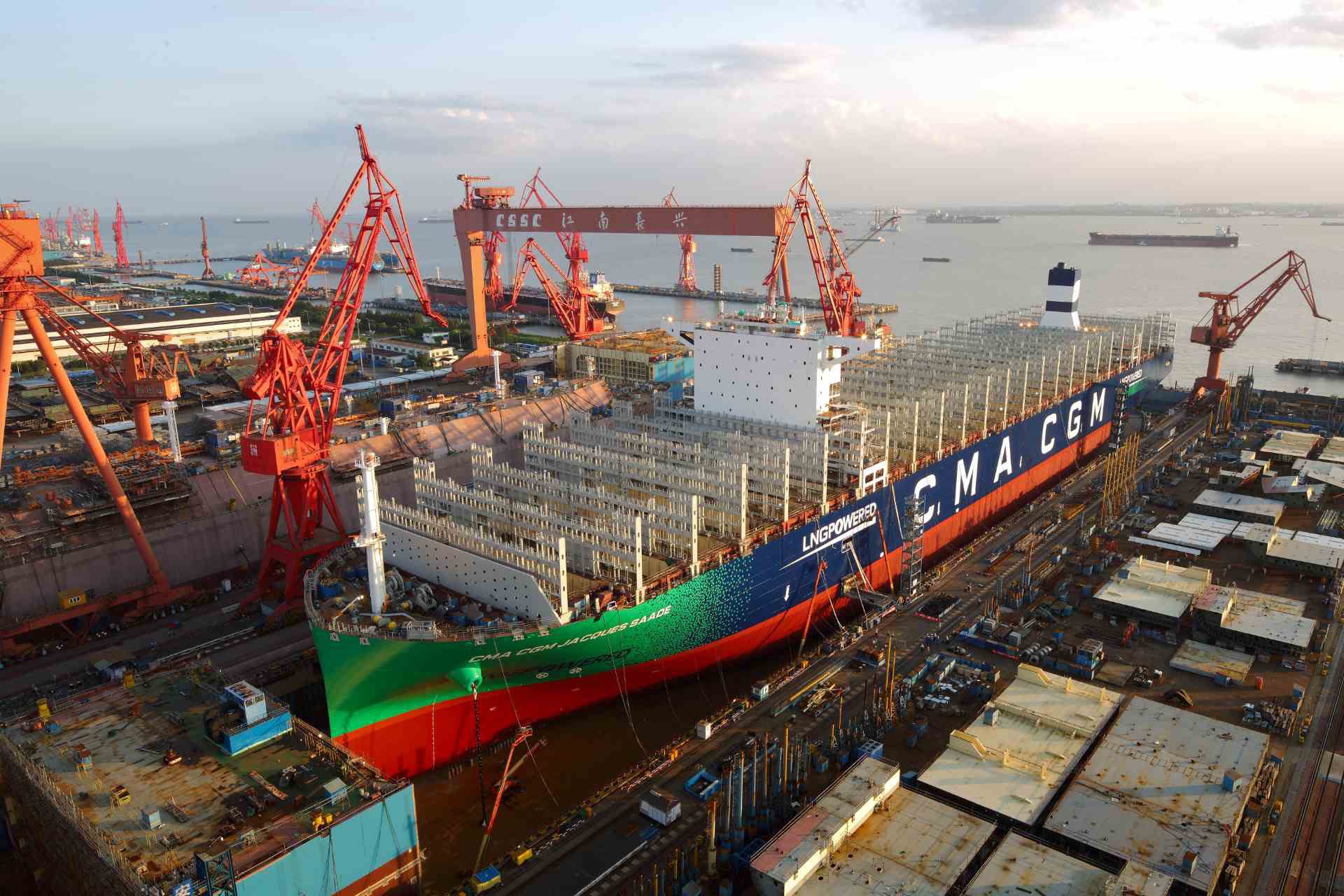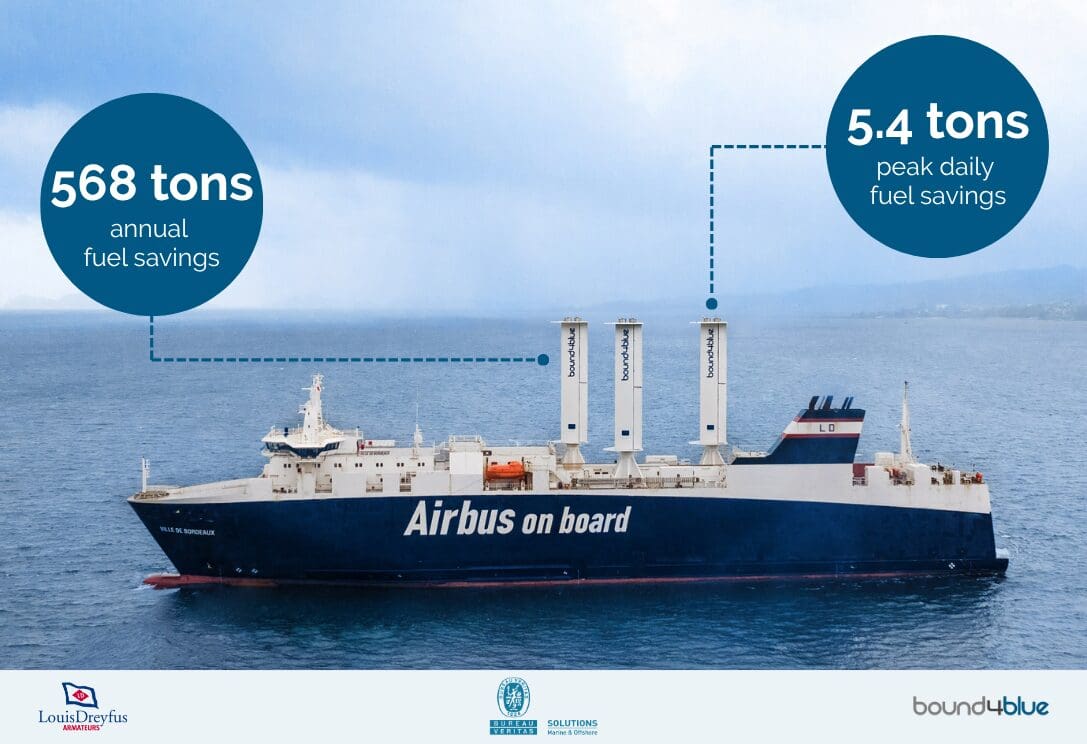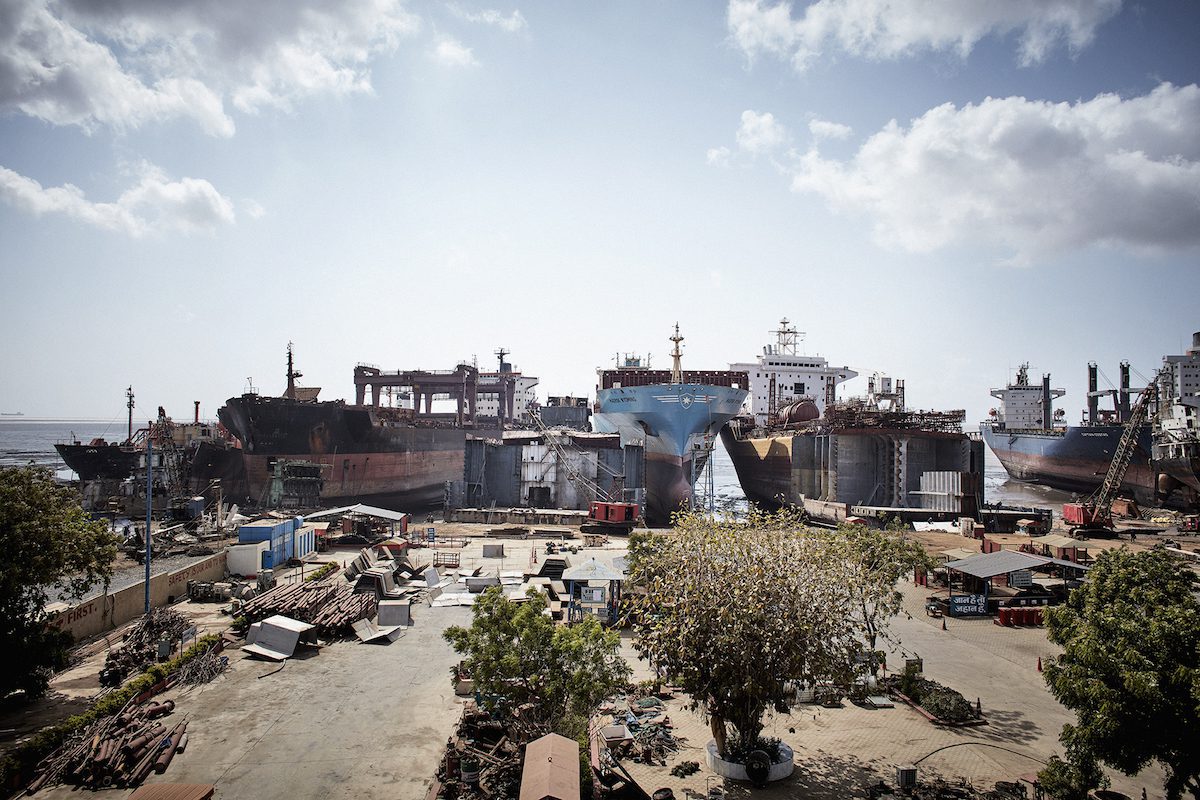The International Transport Workers’ Federation (ITF) is backing a zero-carbon emissions target for shipping by 2050, saying that the energy transition can bring benefits to workers if done in the right way.
At the launch of the ‘Ocean Stewardship Coalition’ held in New York today, the ITF’s Stephen Cotton, as the newly-appointed labour representative on the board of the United Nations Global Compact, delivered a positive message on the benefits of tackling climate change for workers.
“We have a massive task in front of us, to arrest the climate crisis,” Cotton told business and government leaders, including top CEOs and Prime Ministers.
“But from a labour perspective, if done right, the transition to zero carbon industries can be a big opportunity for workers – for decent pay, for better jobs, and for safer workplaces,” said Cotton. “Let’s be ambitious, but let’s be positive and realistic about what this can mean for workers,” Cotton said.
In Cotton’s first public appearance as a UNGC board member, he also threw union support behind a zero carbon emissions target for shipping by 2050. The industry currently accounts for around 2.5 percent of global emissions – a figure that could be much lower, according to the ITF which represents the world’s seafarers.
“Global emissions targets will not be met without action in shipping. The industry needs to act, and governments need to set firm sectoral targets to reach zero emissions either multilaterally in the IMO or by including shipping as part of their own emissions caps committed to in Paris,” said Cotton.
But he also warned against a rush by the industry to cut emissions without considering the impact of new technologies on its workforce, particularly in relation to health and safety and training.
“A just transition must mean a planet safe to live on, and creating industries that are not only green, but also have safe, decent jobs for generations to come,” Cotton said.
“Workers must be at the table that determines their futures, because to transform our economy to tackle this challenge we need to bring every worker with us. This means workers represented at all levels from the workplace to international meetings like COP. Workers cannot be a climate afterthought.”

 Join The Club
Join The Club











